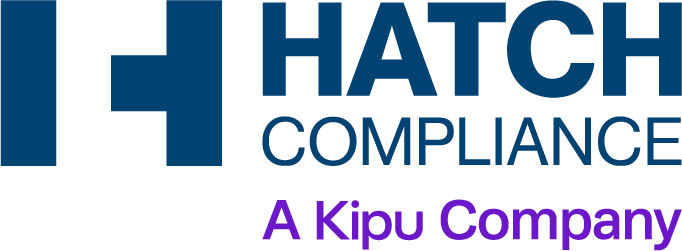In the ever-evolving landscape of healthcare, the intersection of technology and patient care has led to both remarkable advancements and lingering concerns. A recent Medscape article on August 4th has shed light on a lawsuit that alleges Cigna, a prominent health insurance company, employs artificial intelligence (AI) algorithms to deny a substantial number of claims, raising questions about the balance between AI’s efficiency and the need for human oversight.
According to the lawsuit filed in California’s eastern district court, plaintiffs, who are Cigna health plan members, along with their attorneys, claim that the insurance provider sidesteps regulatory obligations by utilizing an algorithm named PxDx. This algorithm is purportedly used to review and deny medically necessary claims without individualized human review. With an impressive average claims processing time of just 1.2 seconds, Cigna’s approach aims to streamline the claims process and expedite reimbursement for healthcare providers. However, this system also bypasses the legal mandate for a “thorough, fair, and objective” review, leaving room for concerns about claim denials being made without proper consideration.
Cigna’s employment of AI in claims assessment highlights the broader debate surrounding the role of technology in healthcare decision-making. While the company argues that their AI-driven approach serves to efficiently validate coding on routine procedures, critics point out the potential pitfalls of a system that denies claims without the nuanced understanding that a human doctor could provide. This case fuels ongoing discussions about how to harness the power of AI while upholding ethical standards and patient rights. As technology continues to reshape various industries, finding the right balance between automation and human intervention remains a critical challenge in ensuring both efficiency and fairness.














